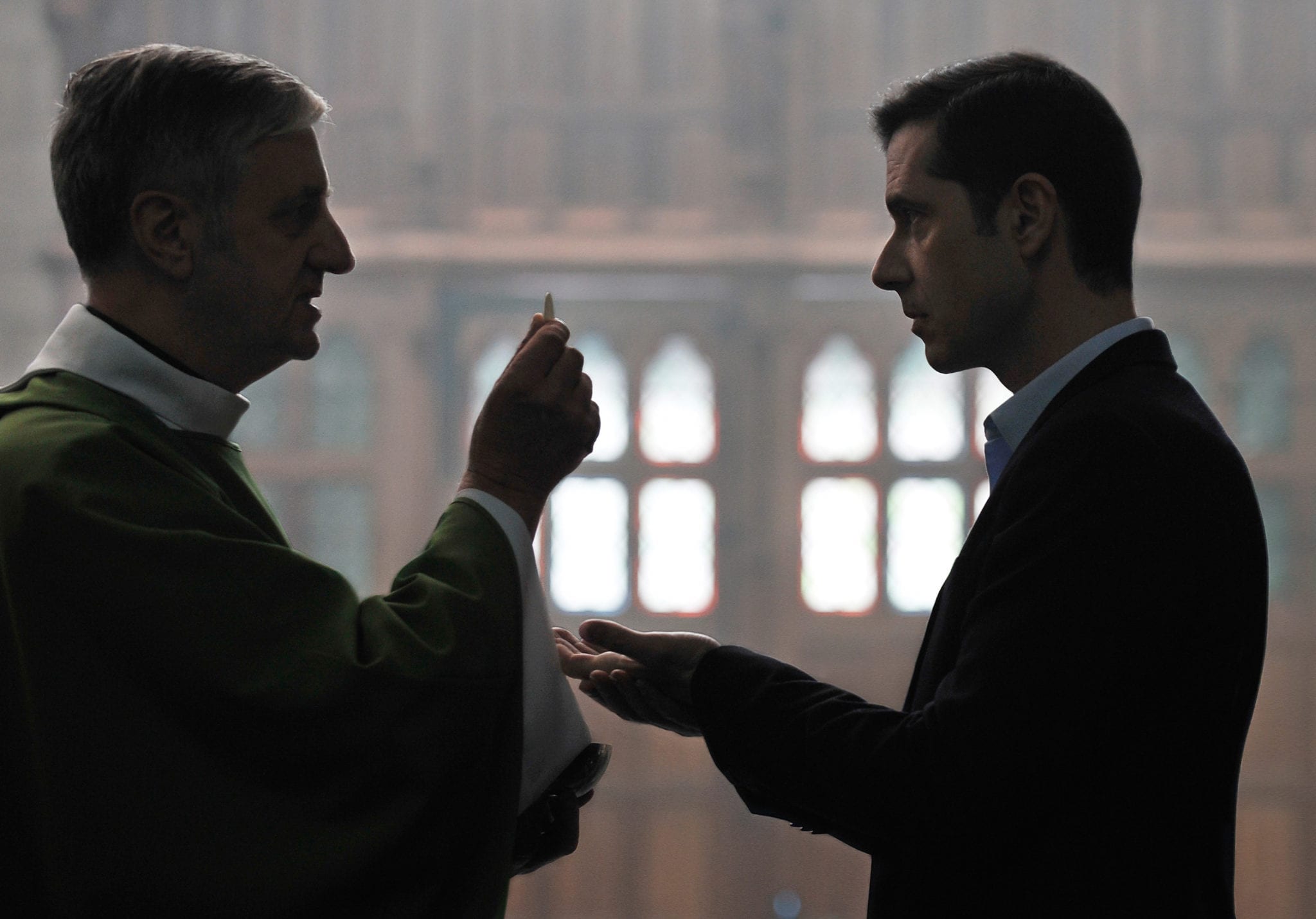
By the Grace of God – The Sin of Silence
?Deep down I knew. We all knew. We did nothing.? Although it is not limited to the Catholic Church, sexual molestation of minors by clergy is an issue that continues to burden the church. In France, a notable example centered on a priest, Bernard Preynat, and the Archbishop of Lyon, Cardinal Barbarin, who oversaw the…

